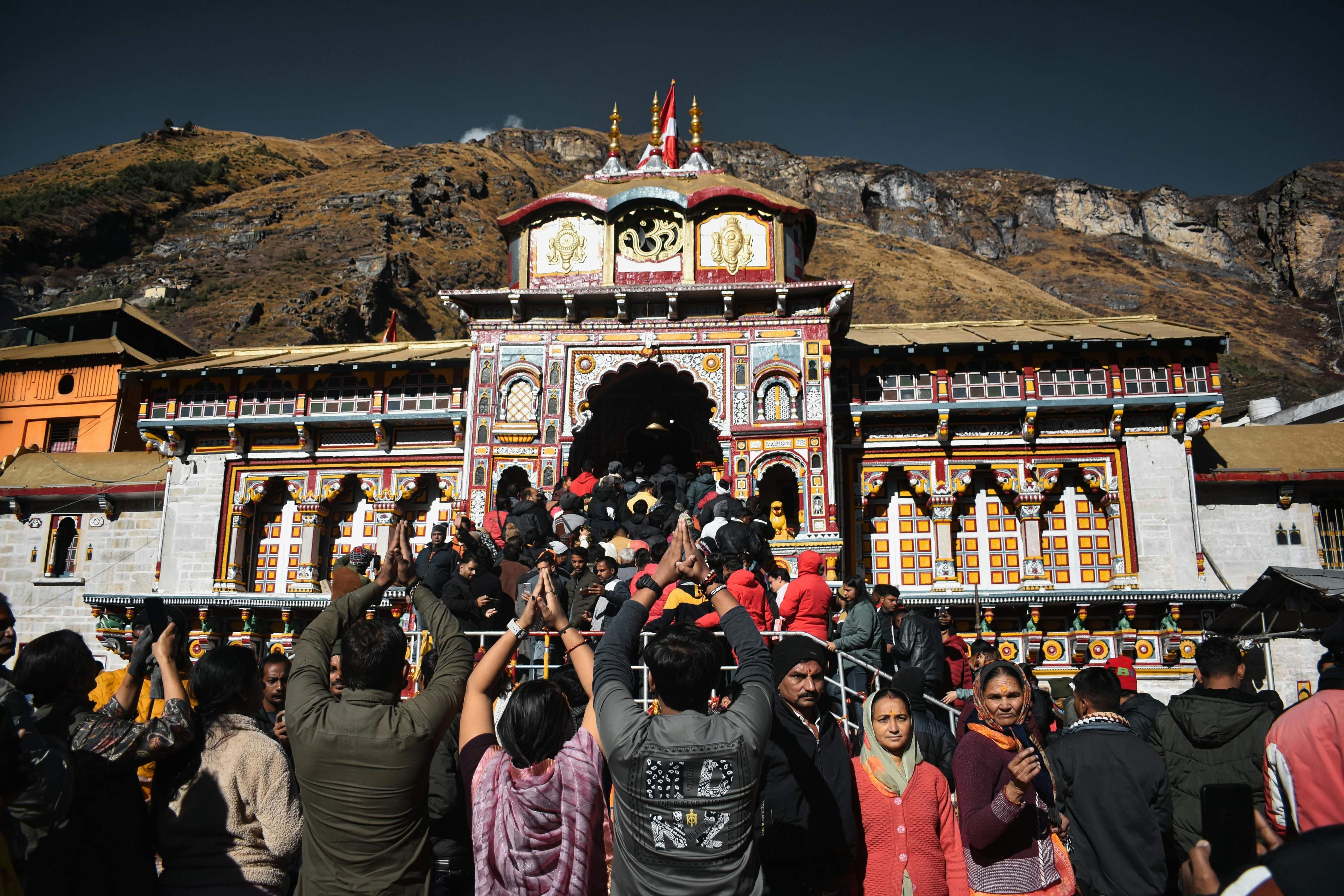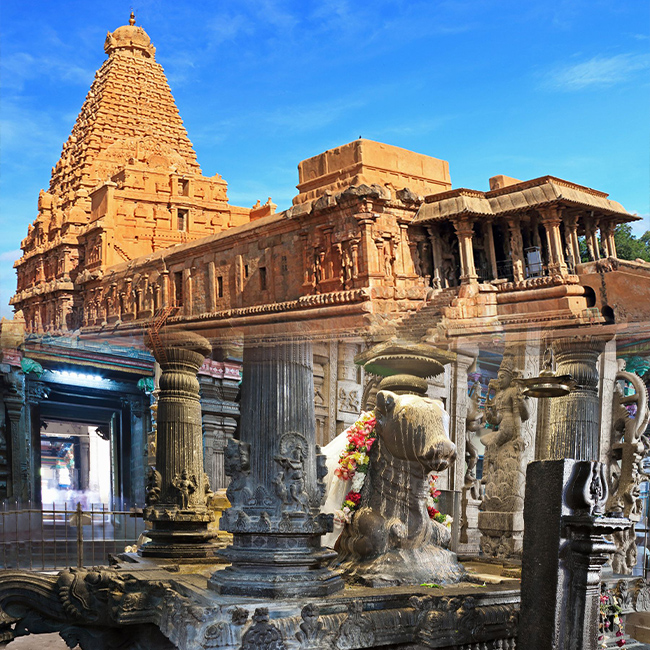

Shirdi: The Sacred Simplicity of Sai Baba’s Teachings
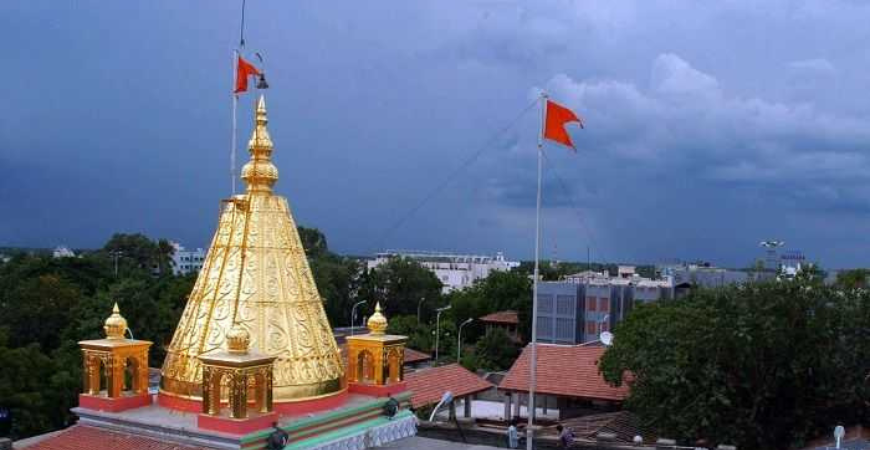

05 May 2025
Shirdi: The Sacred Simplicity of Sai Baba’s Teachings
Centrally located in Maharashtra, Shirdi is a town flooded by pilgrims every year. Shirdi is where many millions of followers of Sai Baba enter to fulfill their need to remember this saint's life. While the Temple of Sai Baba clearly attracts visitors, as secular travelers being a devotee of Sai Baba and engaging in the physical and spiritual principles he invited us to embrace in our own life. I argue there is an actual mental energy or stillness we seek to capture by honoring the life of Sai Baba. Calmed by sounds of temple bells and incense, engages to bring us peace and devotion. Maybe it is because the life of Sai Baba included some powerful and humble teachings from direct experiences that are timeless.
The Life of Sai Baba
Sai Baba of Shirdi, sometimes called the Greatest Saint of India lived in the 19th and early-20th centuries but remains a mystery with little known definitively about his origins, religion, or other contexts — or perhaps that is the intent of the original message. Sai Baba lived with little to no possessions or titles assigned by society, choosing instead to honor his life in spirituality, compassion and equality. An innocent looking naive man with a kafni (long robe) and headscarf, Sai Baba lived in a crumbling mosque he called Dwarkamai. Through Dwarkamai he impacted thousands of hearts through his kind words, miraculous healings, and most importantly the teachings he shared.
The Importance of Shraddha and Saburi
Essential to the philosophy of Sai Baba are two foundational principles: Shraddha (faith) and Saburi (patience). These are not lofty ideals but actual virtues that Sai Baba considered critical for any spiritual journey. He often repeated to his devotees, "Have faith and patience - you will see everything at the right time along your journey." In today's hyper-accelerated, outcome-driven, and 'need it now' culture, this message resonates strongly with our day-to-day lives. We have forgotten that no one reaches a destination logging so many miles or in a single short time. Spirituality is an ongoing unfolding that requires full trust (faith) and calm inside (patience).
The Unity of All Religions
One of the unique aspects of the life of Sai Baba was his unwavering belief in the unity of all religions. Although he had a Muslim upbringing and used Islamic terminologies, he quoted Hindu scriptures, did Hindu rituals, and referred to God either as Allah or Ishwar. He famously taught, "Sabka Malik Ek" — One God governs all. This simple statement, perhaps taken for granted, constitutes the core of Sai Baba's teachings, and could be seen all over Shirdi where people of all faiths come easily for blessings without the asking of questions or divisions.
Acts of Compassion and Healing
Sai Baba's compassion extended beyond spiritual guidance. He was truly a healer - conducting herbal treatments, counseling distraught people, and doing, as many thought, miracles. Yet Baba always tried to avoid praise from others, saying the knowledge and powers he had came from God and not as his own. He cooked for the hungry and poor, offered away his few earthly possessions to persons in need, and advised without reservation or conditions on who was in need. Baba’s whole life, and to encourage his followers to see God in all beings was an embodiment of the concept and idea of seva or selfless service to others.
Shirdi Today - A Living Legacy
The Shirdi of modern times is far more advanced than when Sai Baba lived in the village. With large temple complexes, hotels and guesthouses for pilgrims, shopping or commerce in marketplaces lined with many vendors. But at its core, modern Shirdi retains the basic essence of Sai Baba's simple home and the message of universal love. Today, pilgrims from all parts of the world travel to Shirdi to experience the peace of the Samadhi Mandir, to pray at Dwarkamai, and to seek peace in the Chavadi where Baba rested. Even in all the rush, there is a special calm in the air - a gentle and welcoming reminder of the person who preached simplicity, silence, and surrender.
Conclusion: A Timeless Path
In a world dominated by conflict and complexity, the simplicity inherent in Sai Baba’s teachings shines through like a beam of light. His life was not about flamboyance or pedantic argumentation, but rather, the truth, assisting others, and walking through life with patience and faith. As a devotee or simply, an interested traveler, a visit to Shirdi is not just a spiritual pilgrimage. It is a pilgrimage inward. As Sai Baba said, "Why fear when I am here?" — words that continue to resonate with millions.
Leave a Reply
Explore by Categories
Most Viewed Blogs
Tags
Location
State










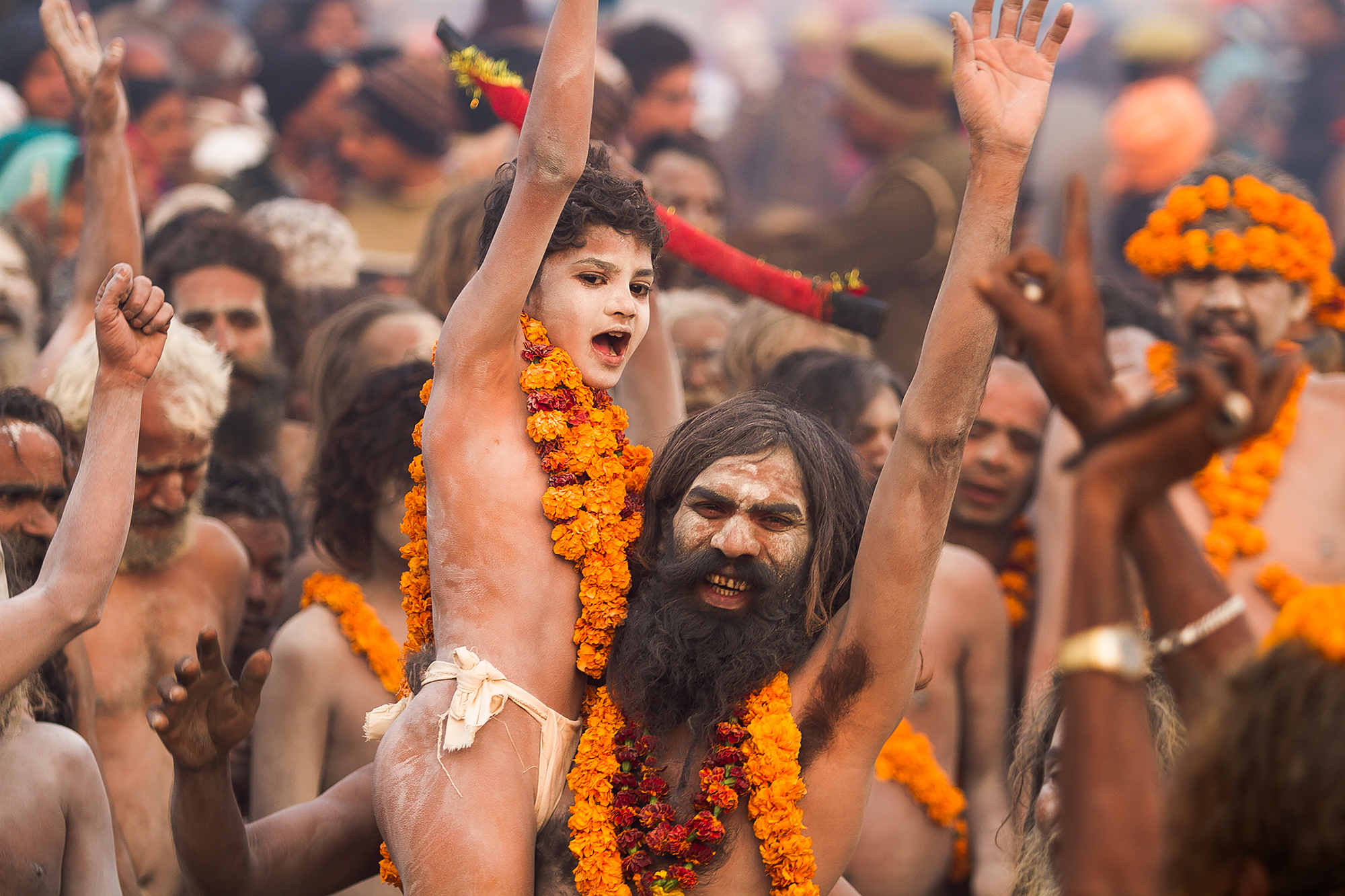
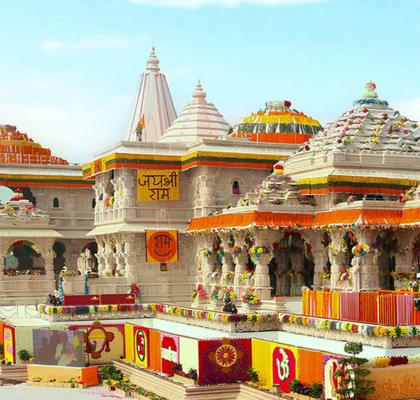
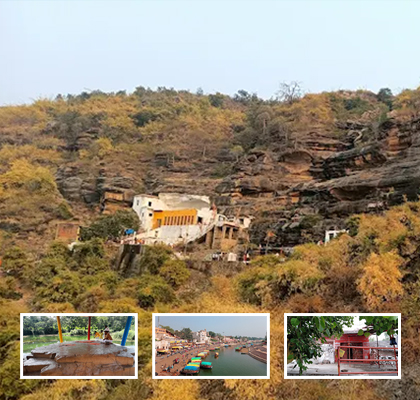


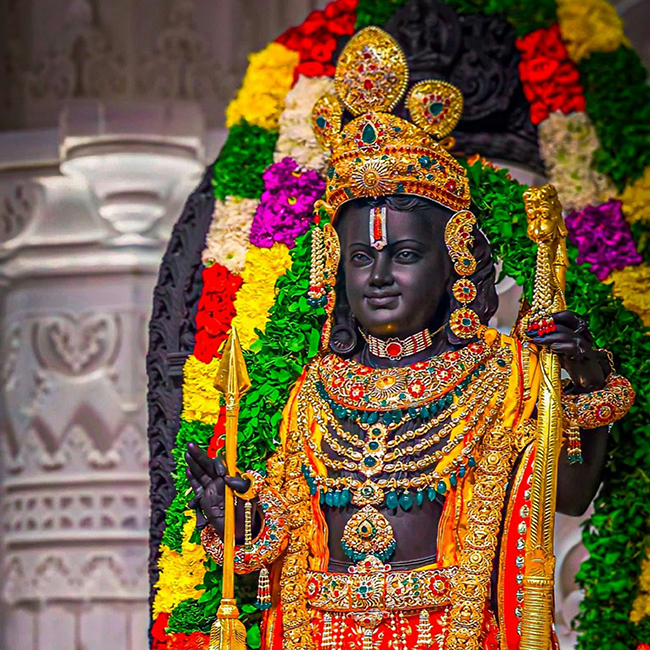
.jpg)
